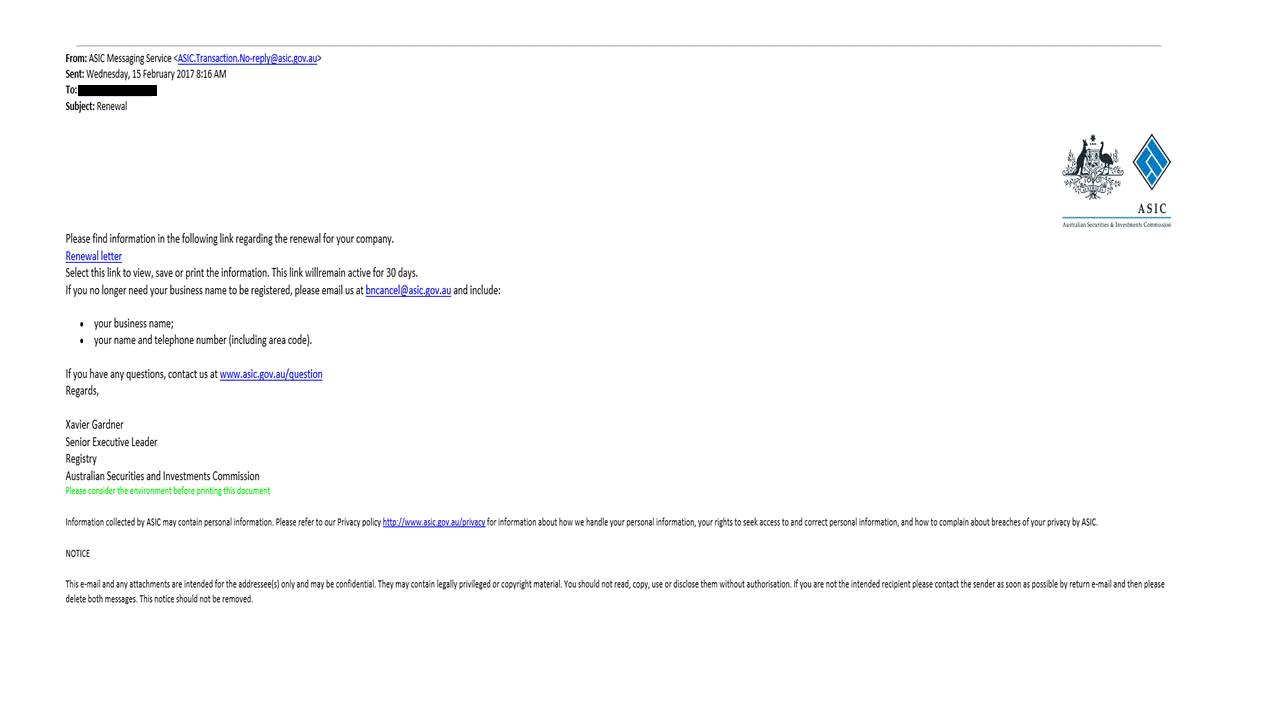Currently, individual taxpayers who have more than $300,000 ‘income for surcharge purposes’ pay an additional 15% tax on concessional (deducted) superannuation contributions. This charge is imposed by Division 293 of the Income Tax Assessment Act and is, therefore, known as Division 293 tax.
From 1 July 2017, the threshold will reduce to $250,000.
Income for surcharge purposes
In determining whether a taxpayer as exceeded the $250,000 threshold, “Income for surcharge purposes” includes:
* taxable income;
* total reportable fringe benefits;
* net financial investment loss;
* net rental property loss;
* net amount on which family trust distributions tax has been paid; and
* concessional superannuation contributions made within the concessional cap for the financial year.
Income for surcharge purposes does not include:
* super lump sum taxed elements with a zero tax rate.
Contributions subject to 15% tax
If a taxpayer’s income for surcharge purposes (outlined above) exceeds $250,000 for the 2018 year (which commences 1 July 2017), they will be liable to pay 15% tax on concessional super contributions above the $250,000.
For example, if the taxpayer’s income is $230,000 plus they had concessional contributions of $25,000 – the total income for Div 293 purposes is $255,000. As this goes over the threshold, the taxpayer will be liable to Div 293 tax. The amount of Div 293 tax is 15% of the contributions over the $250,000 threshold – so, in this case, 15% x $5,000.
If a taxpayer’s income is $260,000 plus they had concessional contributions of $25,000 – the total income for Div 293 purposes is $285,000. Again, as this goes over the threshold, the taxpayer will be liable to Div 293 tax. The amount of Div 293 tax is 15% of the contribution over the $250,000 threshold. As the taxpayer’s income (without the contributions) is over the $250,000 threshold, all of the concessional contributions (that is, $25,000) will be subject to the 15% tax.
The ATO have released a video explaining the basics of the operation of Division 293 – accessible here.
Payment of Div 293 tax
Taxpayers can choose to pay the additional tax liability by using their personal savings or from their superannuation member balance.
Our comment
We recommend that all taxpayers review their potential liability to Division 293 tax. A taxpayer may have taxable income of less than $250,000 but the additional inclusions (for example, rental property losses) may tip them over the threshold.
Call us today on 56656469 if you would like to discuss how these changes may apply to you.





